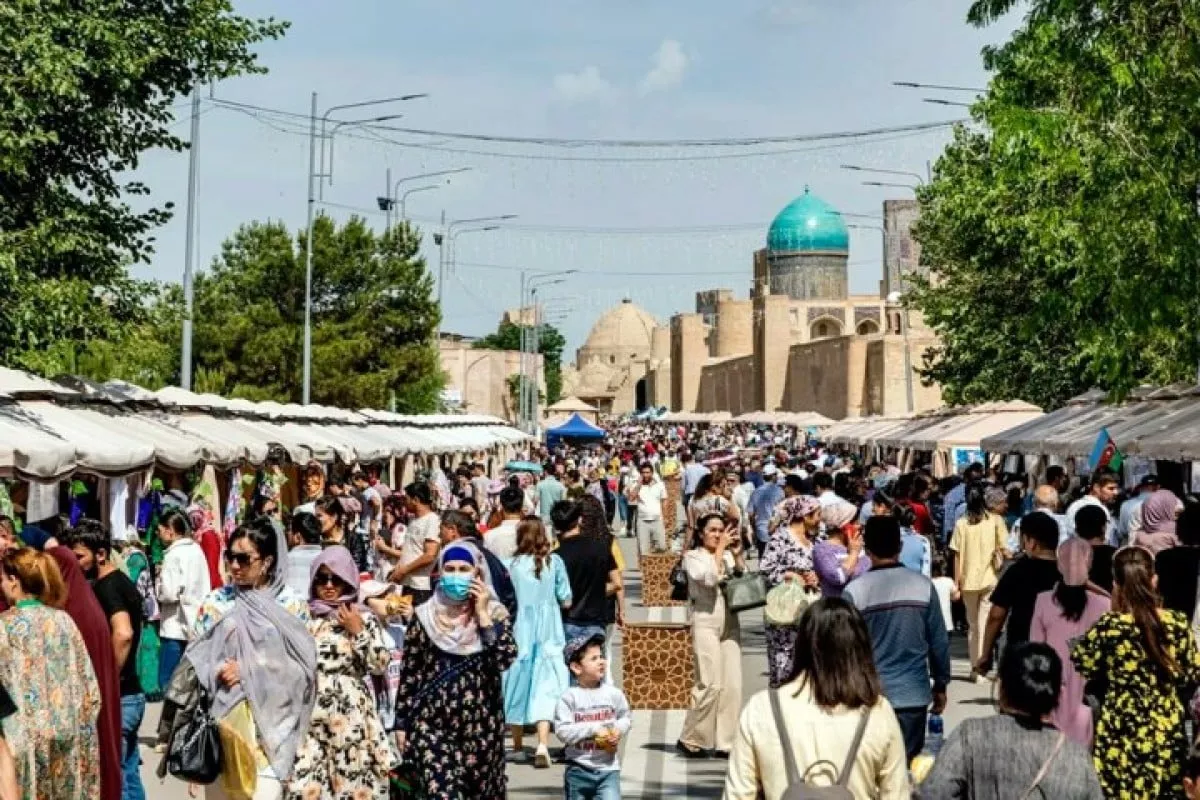The number of youth in Uzbekistan stimulates economic growth

As of July 1, 2025, the permanent population of Uzbekistan was approximately 37.9 million. This was reported by Upl.uz.
The majority of them, that is 21.2 million people or 56%, are citizens of working age. According to experts, this demographic situation is called a "demographic bonus" and can be an important factor for the country's economic growth and the implementation of large-scale reforms.
According to the latest data published by the National Statistics Committee, the age structure of the population is as follows: 12.2 million people or 32.2% are below working age, and 4.5 million people or 11.8% are above working age. At the same time, for every person of non-working age, there are almost two people of working age, which ensures a relatively low social burden on society.
Such an age structure opens unique opportunities for Uzbekistan. The increase in the young workforce stimulates the production sector, enhances innovative activity, and accelerates the pace of economic development.
Proper and efficient use of this human capital is an important factor in the country's strategic development over the next decade. At the same time, the "demographic bonus" also brings certain challenges.
Each year, the increase in the working-age population requires the creation of hundreds of thousands of new jobs. This places tasks on the government to improve the investment climate, liberalize key sectors of the economy, and develop vocational education that meets modern market demands.
As analysts emphasize, to fully utilize demographic opportunities, it is necessary to continue structural reforms aimed at reducing the state's role in the economy and creating favorable conditions for the private sector. Effective use of youth labor resources can be a key factor in the further flourishing of Uzbekistan's economy and strengthening its positions in the region.
As of January 1, 2025, the average age of Uzbekistan's population was 29.3 years, which is slightly below the world average age.

